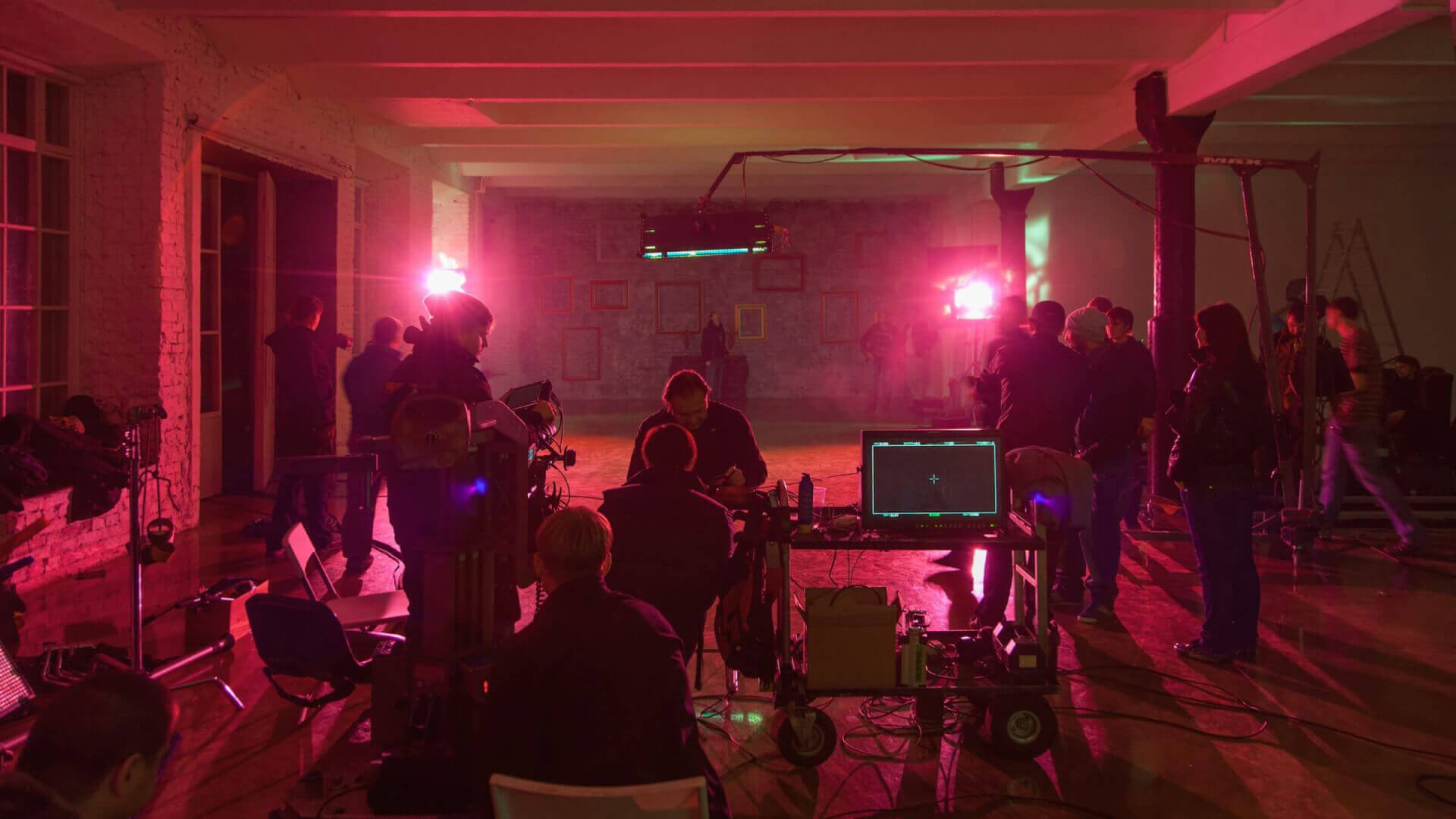The Challenge
DIRECTV wanted to be the premium TV service provider but was struggling to retain customers. While they had the resources to support their premium positioning, fierce competition filled the market.

DIRECTV wanted to be the premium TV service provider but was struggling to retain customers. While they had the resources to support their premium positioning, fierce competition filled the market.
To bring this positioning to life we worked jointly with DIRECTTV’s advertising agency, Deutch, and the product strategy team to develop a new marketing campaign and translate it to the customer experience.
As a direct result of our involvement, DIRECTV sustained year-on-year growth and began deploying a strategy of developing original and exclusive content, years before the likes of Amazon and Netflix.
In the mid-2000s, competition in North American TV broadcasting had heated up considerably, especially with the introduction of fiber optic lines from phone service providers such as Verizon Fios and AT&T U-verse. The new entrants were offering very high picture quality, and making claims very similar to DIRECTV, disrupting their brand positioning strategy. Consumers increasingly saw the category as a utility and were having a hard time telling the difference between brands. Price discounting was resulting in high churn across the category.
DIRECTV wanted to be the premium TV service provider and the company’s message about “Good TV, Better TV, DIRECTV” created a good foundation to stand out as the mass luxury brand of the TV business. Functionally, the brand was able to support this premium position with features like superior HD capability, highest picture quality, the large number of channels and unique sports programming and services offered, including well-known favorites such as NFL Sunday Ticket. However, competitive claims and confusion around satellite TV for consumers were making it difficult to retain customers and marketing efforts were getting increasingly tactical, promoting feature and price-oriented messages.
The Vivaldi team was tasked to create a more emotionally salient brand proposition that would resonate deeply with consumers over the long term and ultimately drive enrollment. We started by conducting research and spent hundreds of hours on people’s couches, talking about and watching TV with consumers all around the country to understand their needs, desires and motivation for home entertainment.
We uncovered exciting opportunity areas around “Involvement with the outside world,” “Curated content” and “Enhancing a ‘lean forward’ experience.” To address these, we developed a new brand strategy, positioning DIRECTV as “Intensely Satisfying” and promising passionate consumers a more immersive experience by helping them navigate, discover and appreciate content on their own terms. Jointly with DIRECTV’s advertising agency, Deutch, we developed a new marketing campaign to bring the positioning to life across the brand’s touchpoints. Additionally, we worked with the product strategy team to make sure the brand was being translated to the customer experience including intuitive navigation, simple installation, social TV, enhanced HD technology and raising the bar on content.
As a result, DIRECTV sustained year-on-year growth, alongside major competitors who grew by acquisitions, and began deploying a strategy of developing original and exclusive content, years before the likes of Amazon and Netflix. Hit shows included Friday Night Lights, which won Kyle Chandler a Best Actor Emmy Award in 2011 in its series finale, and Kingdom starring Nick Jonas.